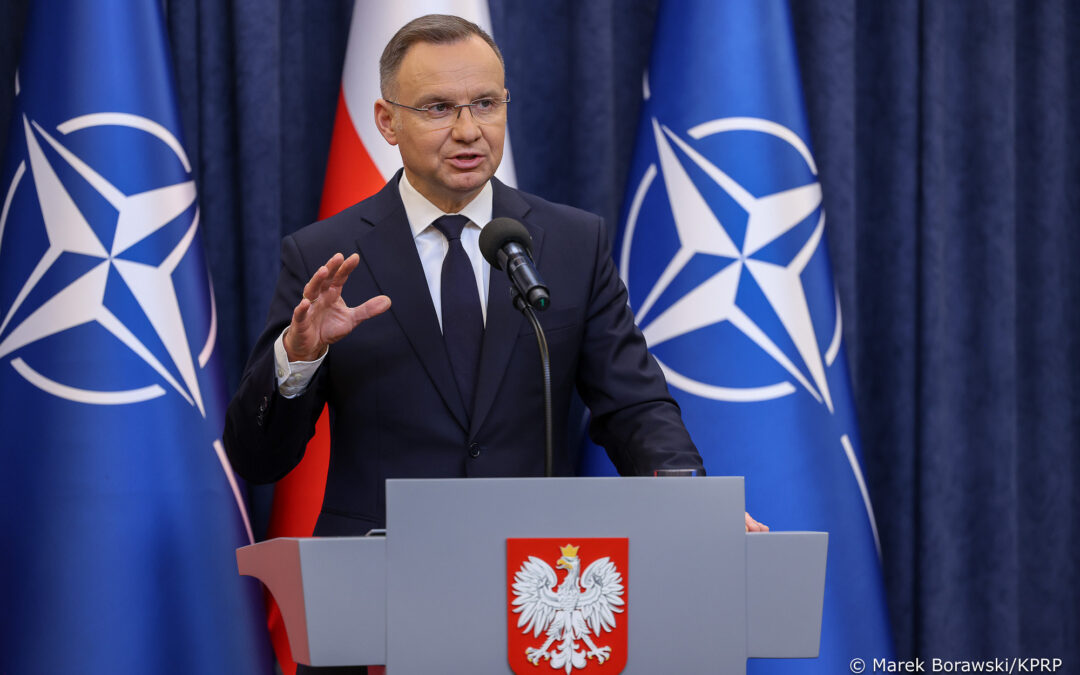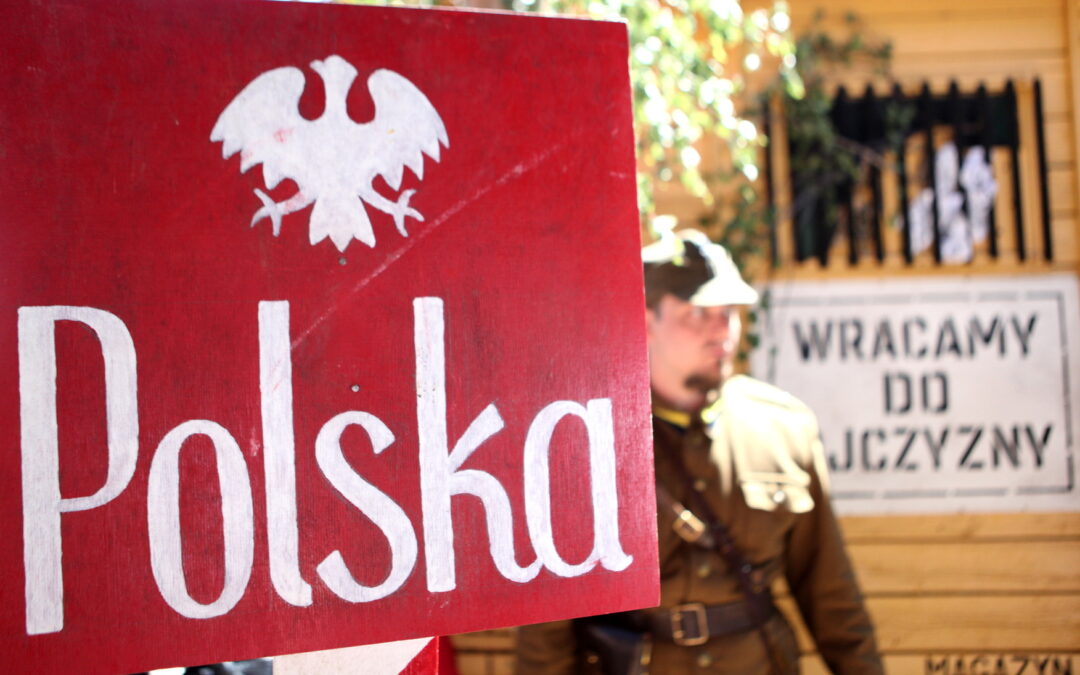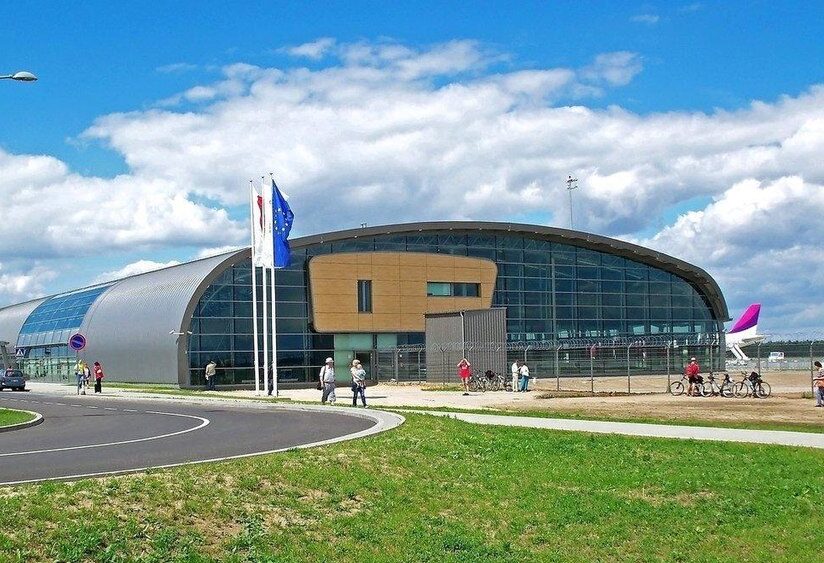President Andrzej Duda has announced that he will not sign off on the appointment of a new Polish ambassador to NATO. He accused the government of violating procedures and endangering Poland’s preparation for an upcoming NATO summit.
On Thursday morning, the parliamentary foreign affairs committee, on which the governing coalition has a majority, approved the candidacy of Jacek Najder to become Poland’s ambassador to NATO.
Najder previously served in the same position from 2011 – when he was appointed under a previous government led by current Prime Minister Donald Tusk – until 2016, when he was removed from the position by the then Law and Justice (PiS) government and Duda, a PiS ally.
Minister @wkolarski:
💬 Dzisiaj o godz. 8.30 w Sejmie zebrała się komisja spraw zagranicznych. Wczoraj do Pałacu Prezydenckiego przyszła informacja, że zbiera się tylko po to, aby opiniować kandydaturę na stałego przedstawiciela Polski przy NATO. To naruszenie fundamentalnej… pic.twitter.com/cqQMUi1UOG
— Kancelaria Prezydenta (@prezydentpl) May 23, 2024
On Thursday afternoon, Duda announced that he would not sign off on the reappointment of Najder as Poland’s permanent representative to NATO.
He called it “astonishing” that an attempt was underway to replace the current ambassador, Tomasz Szatkowski, just before a summit in Washington in July marking NATO’s 75th anniversary.
The president noted that this was being done despite no complaints from the Polish government or its allies against Szatkowski, who was appointed in 2019.
Moreover, the manner in which the process was being conducted “is in violation of all existing rules”, claimed Duda. “Until now, a candidacy was first submitted to the president, who preliminarily approved it, and only then was it submitted to the [parliamentary] committee. No such consultation took place.”
Prezydent @AndrzejDuda ws. próby odwołania przedstawiciela Polski przy NATO: Sytuacja jest zdumiewająca. Mam sygnały, że jest próba usunięcia naszego przedstawiciela przy NATO i zastąpienia go inną osobą, co dziwi zwłaszcza przed jubileuszowym szczytem NATO w Waszyngtonie. Dzieje… pic.twitter.com/vGFfqRF1eR
— Kancelaria Prezydenta (@prezydentpl) May 23, 2024
“Poland is represented before NATO primarily by the president, and I expect that I will be the one to present the Polish ambassador to the alliance,” concluded Duda. “I hope that Prime Minister Tusk and his colleagues will reflect in an honest manner.”
The spokesman for Poland’s foreign ministry, Paweł Wroński, however, appeared to reject Duda’s claims.
“All procedures were carried out a long time ago [but] the president did not respond,” said Wroński, quoted by broadcaster TVN. “For a very long time, [foreign] minister Radosław Sikorski waited for any solution or any decision by the president. If the president does not react, these decisions are made.”
Meanwhile, deputy foreign minister Andrzej Szejna told news website Onet that they “are very disappointed with the president’s decision. I believed that the president was mature enough to support the government, not hinder it”.
Wiceszef MSZ odpowiada PAD ws. nominacji ambasadora przy NATO
– Jesteśmy bardzo rozczarowani decyzją prezydenta. Uważałem, że pan prezydent dojrzał do tego, by wspierać rząd, a nie mu przeszkadzać – mówi Andrzej Szejna z Lewicy@OnetWiadomosci pic.twitter.com/d2az49kuzi
— Sebastian Białach (@sebabialach) May 23, 2024
PiS – which is now the main opposition party – also strongly criticised the government’s actions.
“In a situation where our largest and most proven ally is NATO, weakening [our] position [in] NATO by dismissing the ambassador now, before the summit, and appointing a new person is absurd,” said PiS MP Agnieszka Wojciechowska van Heukelom, who sits on the foreign affairs committee.
However, Wroński dismissed such concerns, saying that Najder is a “legend of Polish diplomacy” whose experience and knowledge mean that he would improve preparations for the summit.
Duda has regularly clashed with Tusk, whose coalition replaced PiS in power in December. However, they have sought as much as possible to present a united front on foreign and defence policy, including during a joint visit to the White House in March to mark the 25th anniversary of Poland joining NATO.
But just a few days after that visit, Duda criticised a move by the government to remove and replace over 50 ambassadors appointed under PiS.
Poland’s government has announced plans to remove over 50 ambassadors appointed under the former PiS administration
That has prompted a negative response from PiS-aligned President Andrzej Duda, who is responsible for appointing and dismissing ambassadors https://t.co/7GDISqXn0H
— Notes from Poland 🇵🇱 (@notesfrompoland) March 14, 2024

Notes from Poland is run by a small editorial team and published by an independent, non-profit foundation that is funded through donations from our readers. We cannot do what we do without your support.
Main image credit: Marek Borawski/KPRP

Daniel Tilles is editor-in-chief of Notes from Poland. He has written on Polish affairs for a wide range of publications, including Foreign Policy, POLITICO Europe, EUobserver and Dziennik Gazeta Prawna.



















